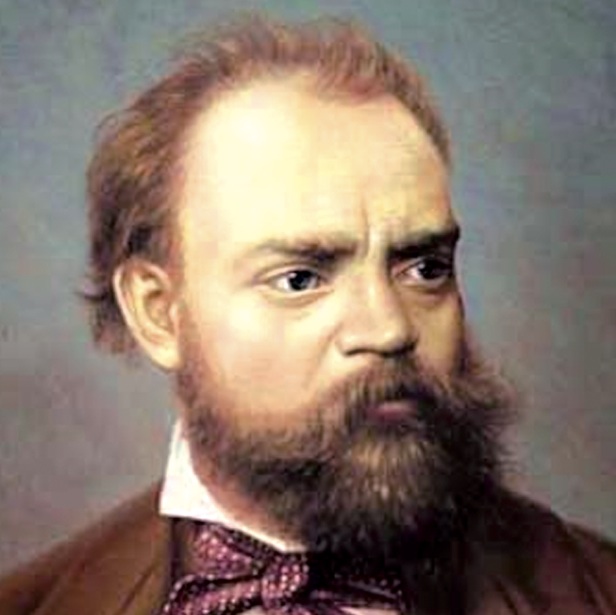
Bio
Born in a small village north of Prague, Antonin Dvorak (1841 – 1904) was the eldest of 14 children. His father was a professional zither player, an innkeeper and a butcher. Folk music accompanied every family occasion, and young Antonin soon joined his father in the local band – and served as an apprentice butcher. The youthful Dvorak studied organ, violin, piano and - less successfully - the German language. Widely regarded as the most distinguished of Czech composers, Antonin Dvorák produced attractive and vigorous music possessed of clear formal outlines, melodies that are both memorable and spontaneous-sounding, and a colorful, effective instrumental sense. Dvorák is considered one of the major figures of nationalism, both proselytizing for and making actual use of folk influences, which he expertly combined with Classical forms in works of all genres.
The Slavonic Dances are a series of 16 orchestral pieces composed by Antonín Dvorak in 1878 and 1886. Originally written for piano four hands, the Slavonic Dances were inspired by Johannes Brahms's own Hungarian Dances and were orchestrated at the request of Dvořák's publisher soon after composition. The pieces, lively and full of national character, were well received at the time and today are considered among the composer's most memorable works, occasionally making appearances in popular culture.
 Contact
Contact Panier
Panier Mes favoris
Mes favoris Mon compte
Mon compte






